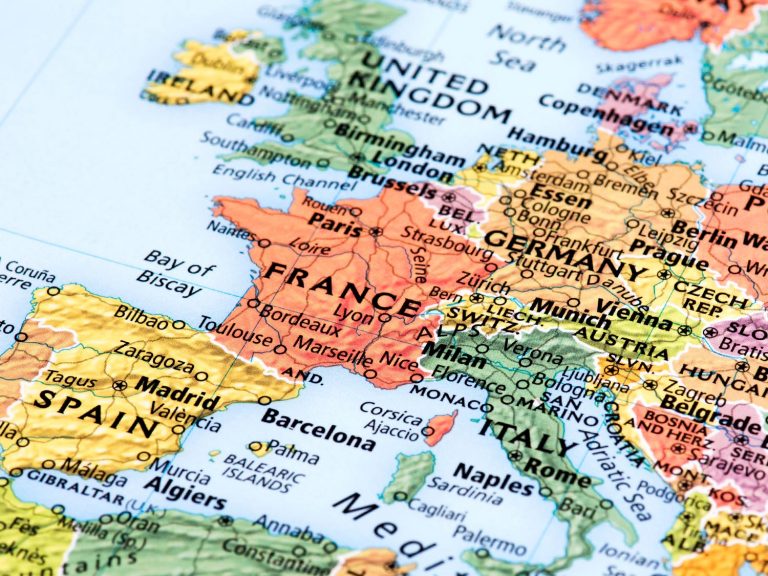
Date:
New EU origin rules catching shippers out – if it isn’t manufactured in UK/EU duty is possibly applicable!
All goods with a UK or EU origin require an appropriate declaration of origin to benefit from preferential tariff rates and failure to provide this proof of origin could leave the importer liable for duty and – under some circumstances – the EU may even impose duty twice on the same goods.
The government heralded the free trade deal (FTA) agreed before Christmas as creating tariff-free trade between the UK and Europe, but shippers may be liable to to pay duties and taxes if they do not comply with Rules of Origin.
UK-made goods exported to the EU are tariff-free, as they were before Brexit, but goods imported from overseas and re-exported to the EU are subject to tariffs. Simple enough, although not widely understood as part of the trade deal.
Where it begins to get complicated is where a UK factory processes raw materials from abroad and then exports the finished item. Is the item British, or a “re-export”?
It gets complicated, because the answer depends on the nature of the product, the proportion of the product that came from outside the free trade area and the specific changes made by the ‘UK processing’.
Requirements vary from product to product, which is why the rules take up 50 pages of the trade deal. Defining how much the product has to be transformed are defined precisely, so painting something or repackaging it would not qualify.
If you dry food to stop it going off that isn’t enough – but if you dehydrate it to give it a distinctive flavour or texture such as with sun-dried tomatoes or raisins then that is enough.
Where it gets crazy is when goods made in the EU, can also be liable when exported back into the EU, as the head of Customs at M&S explained to Metro’s Grant Liddell.
Percy Pigs sweets – everyone’s checkout favourite – are manufactured and packaged in Germany and then shipped to the UK – no tariffs are payable because of the trade deal.
They are then taken from the M&S warehouses and exported to stores in the Republic of Ireland, which is part of the EU.
But, because they have left the EU and not been processed enough to count as being made in the UK, it may be that a tariff needs to be paid to get them back into the EU, despite them having been made in the EU in the first place.
If they had been removed form their original packaging and combined with another product, as decorating for example, there would be no tariff because they would have been transformed, but just storing them in the UK is not processing.
It is exceptional; for countries negotiating such a free trade agreement would have such closely-integrated supply chains, so Percy Pigs will not be the only anomaly.
Please see below HMRC’s template suppliers’ declaration for products having preferential origin status:
I, the undersigned, declare that the goods listed on this document….…….…..…..(1) originate in…..…..…..…..(2) and satisfy the rules of origin governing preferential trade with…..…..…..…..(3):
I declare that (4):
Cumulation applied with…………………….(name of the country/countries)
No cumulation applied
I undertake to make available to the Customs authorities any further supporting documents they require:
…..…..…..…..……….(5)
…..…..…..…..……….(6)
…..…..…..…..……….(7)
1) If only some of the goods listed on the document are concerned, they shall be clearly indicated or marked and this marking entered in the declaration as follows:
‘….. listed on this invoice and marked ….. originate in …..’
2) The UK, EU, country, group of countries or territory, from which the goods originate
3) Country, group of countries or territory concerned
4) To be completed only where goods are being exported to a country in the Pan-Euro-Med zone. Delete as appropriate
5) Place and date
6) Name and position in the company
7) Signature
While the European freight operating environment will improve over time, as the new processes are better understood and teething problems addressed, we expect this will take several months.
If you have any queries or would like any further information on our customs and documentation solutions (CuDoS) please contact Andrew White, who is leading this customs and brokerage business unit on development.
